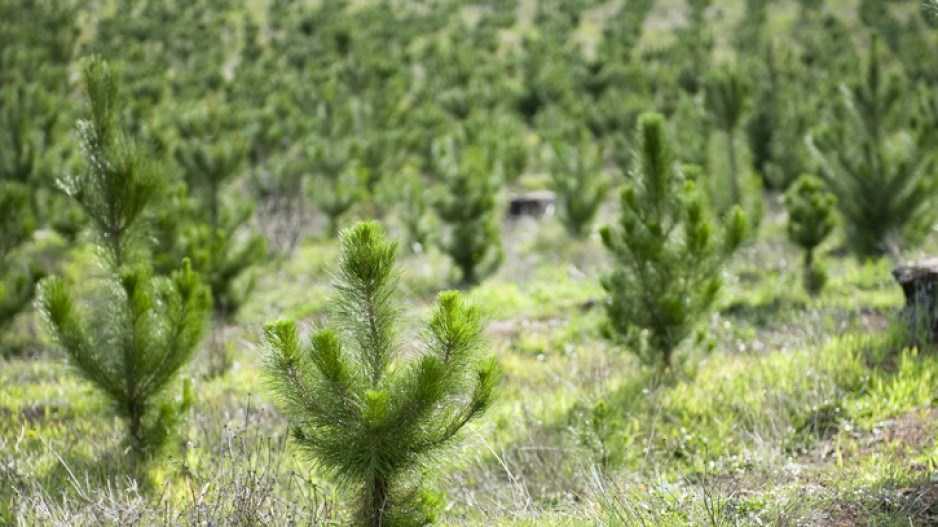Shell Canada has committed to offsetting carbon emissions from gasoline sales in Canada and help the Tsilhqot’in First Nation plant more than 800,000 trees, as part of an effort to lower its carbon emissions profile.
The projects, announced Thursday, are part of Royal Dutch Shell’s commitment to becoming carbon neutral by 2050.
Not everyone can afford to buy an electric car just yet. For those who still drive an ICE (internal combustion engine) vehicle, Shell Canada is pledging to offset the carbon emissions from the gasoline they buy by investing in forest conservation carbon offsets in Canada.
Globally, Shell has committed US$200 million in 2020 and 2021 to buying carbon offsets in forestry, wetlands and other natural ecosystems that sequester carbon.
In Canada, Shell Canada will buy offsets from Darkwoods Conservation Area, managed by the Nature Conservancy of Canada. The 63,000-hectare forest conservation area is located in the West Kootenays of B.C. Participating in the program will require Shell customers to download the Shell EasyPay app and use it to pay for their gas.
Shell Canada is also partnering with the Tsilhqot’in First Nation to invest in a reforestation project in the Chilcotin region, which was one of the regions of B.C. hardest hit by wildfires in recent years. In 2017, Williams Lake residents were forced to evacuate the city as wildfires reached the city limits.
In partnership with the Tsilhqot’in First Nation, Shell will pay for the planting of 840,000 trees in the region. The company would not say how much the project is worth.
The replanting will be done by Central Chilcotin Rehabilitation, a Tsilhqot’in owned company.
“Reforestation will take place in fire impacted areas that have not regenerated on their own or have been slow to regenerate,” Shell Canada says in a news release.
“In addition to reforesting land devastated by wildfires, this project has the potential to deliver other benefits, including Indigenous and local employment and improvements in the local ecosystem.”
Planting will begin in 2021. Joe Alphonse, chief of the Tsilhqot’in National Government, said his own community, Tl’etinlinqox, 100 kilometres west of Williams Lake, was one of the hardest hit by wildfires in 2017, and welcomed Shell Canada’s willingness to help with reforestation.
“More important for us is having a partnership with a major company like Shell,” Alphonse said. “We haven’t had that type of relationship with any big company, so there may be other projects that’s spun out of this.
“For a company like Shell to be making that kind of commitment, it puts faith back into the system as far as Tsilhqot’in people are concerned,” Alphonse added. “We see industry always wanting to waltz into our territory and take all the natural resources and never give anything back.”




